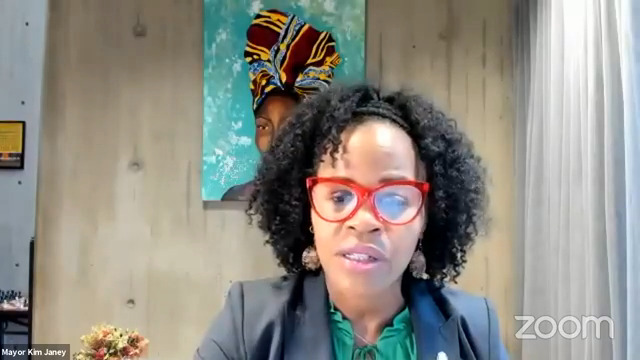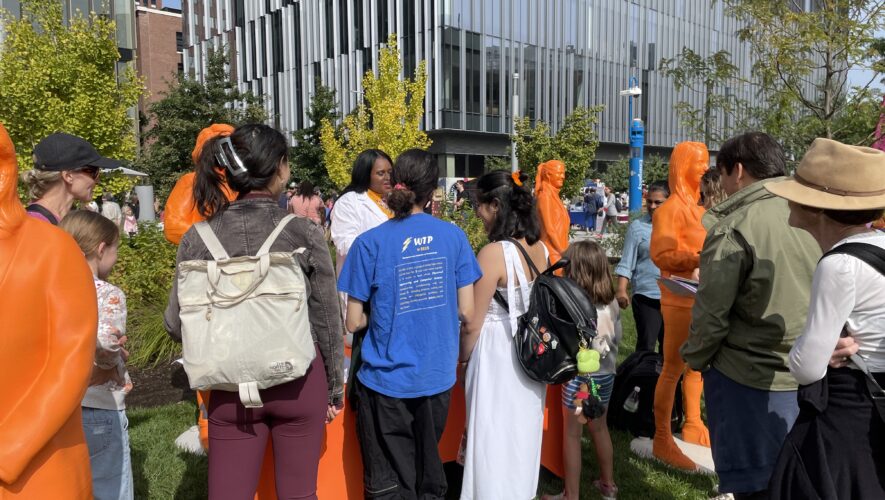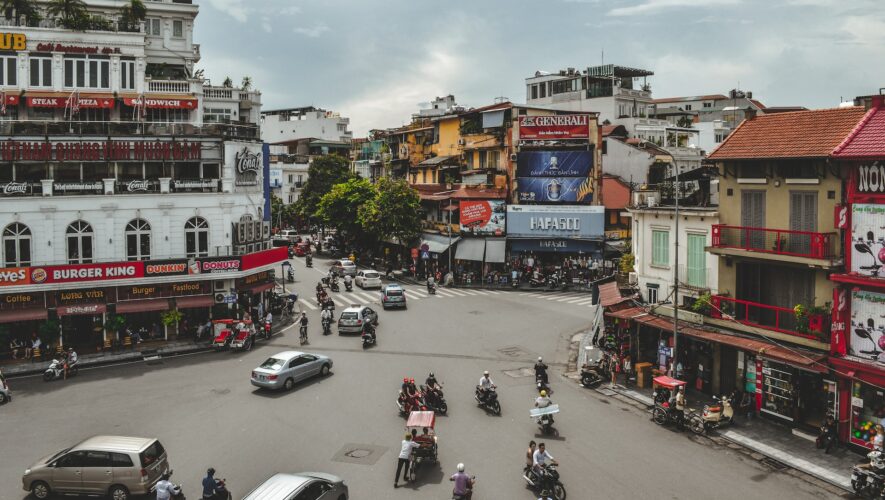On May 4, the Massachusetts Immigration and Refugee Advocacy Coalition (MIRA) held its 25th annual Immigrants’ Day at the State House, as a virtual speaking program, followed by regional roundtables.
Present at the talk were Mayor Kim Janey, Senate President Pro Tempore William Brownsberger, Representative Ruth Balser, and two leaders of MIRA member organizations, Dalida Rocha, political director of Service Employees International Union Local 615, and Gabriel Camacho, political director of United Food and Commercial Workers Union Local 1445. The unifying theme at the presentation was the idea that no recovery can happen without immigrants.
“It has been an exhausting 12 months since our last Immigrants’ Day,” said MIRA President and CEO Eva Millona. “We experienced loss; we experienced pain; but we also witnessed the strength and the resilience of immigrant communities. Immigrants have been critical during the crisis, keeping food on our tables, caring for the sick, and playing a vital role in the development of the vaccine. Today, it’s all about them and making sure that as we move towards recovery, immigrants are heard; immigrants are supported.”
On the State level, Janey spoke to the importance of making the Safe Communities Act a priority, barring police and court officers from inquiring about immigration status. It is essential to both vaccine equity and equity in general, she said, recognizing that fear of being detained has prevented many undocumented individuals from getting the lifesaving vaccine. Janey also said that she would support the passage of the Work and Family Mobility Act, legislation that “would extend eligibility to driver’s licenses to all qualified state residents, regardless of immigration status. It’s important for people to have access to transportation that will get them to work, home, and school, and it’s also important to have identification.”
“The protection of immigrants rights to education, housing, and well being is an essential priority for a city-wide agenda of recovery, reopening, and renewal. As mayor, I am committed to the economic and social empowerment of our city’s immigrant populations,” said Janey. “My administration is creating a Boston where equity and inclusion are at the center of everything that we do, and that certainly includes immigrants in our city, because there is no recovery without immigrants.”
Brownsberger addressed the fact that immigrants have been on the front lines during the pandemic, working in retail, grocery stores, hospitals, delivery, and in vaccine development. The immigrant community has been hard hit as a result, both in terms of health and economically, and Brownsberger said that his concern is making sure that this population has access to relief. Looking to a “new normal,” it is important to make sure that “everybody stays on the boat,” said Brownsberger.
Rocha emphasized that immigrants without status should have the right to drive, pointing out that many have been forced to take crowded transportation, a hazard during the pandemic. Camacho stated that there must be a disentanglement between the local law enforcement and the Immigration and Customs Enforcement (ICE) agency.
“In 2021, the Safe Communities Act is so crucial, not only to restore trust with local law enforcement, but with the entire government itself writ large,” said Camacho. “We have seen over decades, especially over the last four years, how the government no longer serves the people. We must make government at every level work for the people, and not only in the prison-industrial complex, nor for contractors building useless billion dollar walls. We cannot just decry and denounce the racist and xenophobic policies of the Trump administration and not get our own house in order.”
Balser applauded the fact that President Joe Biden lifted the cap on refugee admissions to 62,500, from the previous 15,000 that it stood at before. As one of the sponsors of the Safe Communities Act, she said that its passage would alleviate the burdens that the coronavirus has placed on immigrants.
“The Safe Communities Act would make sure that people in the immigrant community wouldn’t have to be worried about getting tested for COVID,” said Balser. “They wouldn’t have to be worried to go get their vaccination. They wouldn’t have to worry that someone is going to talk to ICE and let them know something about themselves or someone in their family. We want people to feel safe, and so we want to pass a bill that says there will be no local or state involvement with federal immigration enforcement.”



